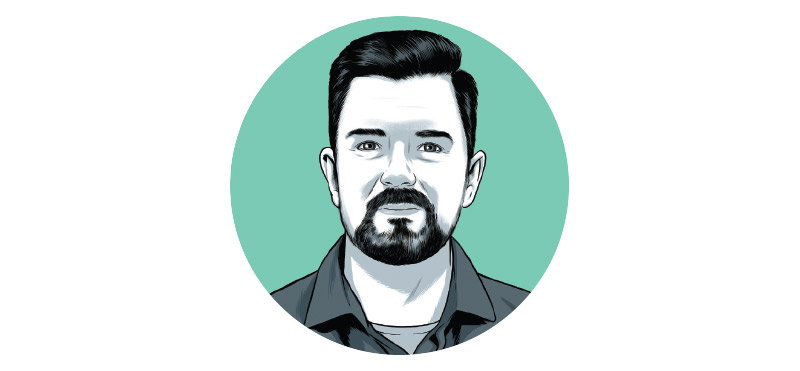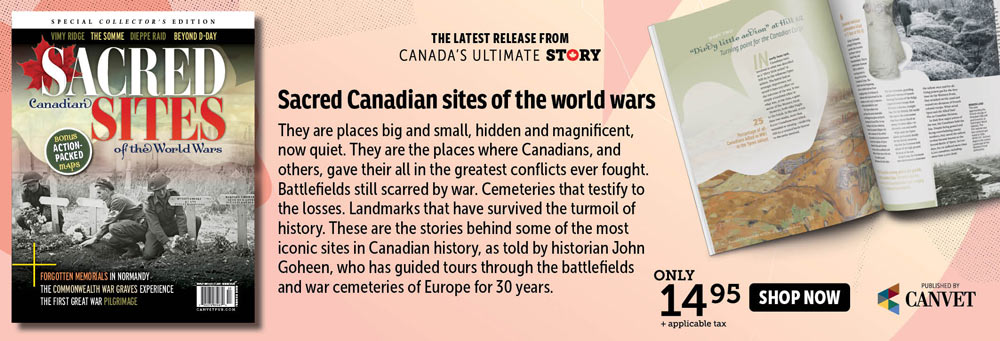Aaron Kylie says No
Fifty-five. That was the number of Canadian personnel on UN peacekeeping missions in September 2022. While more than 125,000 Canadians have served as international peacekeepers since the late 1940s (an average of about 1,600 per year), the latest stat shows that the country is no longer invested in the program. It’s time to reallocate the resources, particularly given the Canadian Armed Forces’ problems with recruiting and retaining members.
This past October, chief of the defence staff, General Wayne Eyre, issued a formal directive to CAF leaders to “maintain and grow our Force.” He noted in a message accompanying the directive that the Department of National Defence and the CAF must “make sure we are putting our energies into priority areas” and that Canada needs to maintain its national security obligations.
Given the international climate today, prioritizing the home front seems judicious—if not essential. But it’s not new either.
“Peacekeeping was always a sideline activity for the Canadian Armed Forces,” wrote retired general Lewis Mackenzie in the Toronto Star a few years ago. He also noted that between the 1960s and the 1980s, Canada had about 1,500 soldiers on UN missions at any time, while it also had up to 10,000 troops stationed with NATO in Germany and France.
Meanwhile, retired general Roméo Dallaire, arguably the country’s biggest proponent of peacekeeping, has said: “Canadian soldiers are first and foremost specialists in combat.”
“The Pearsonian peacekeeping era is…truly over.”
In essence, these positions reinforce what has been referred to as the “peacekeeping myth.” While Canada has had a dwindling number of peacekeepers for nearly 25 years, many Canadians still believe that participation in such missions plays a key role for the country’s military and in its global affairs. Just a decade ago, 20 per cent of Canadians named peacekeeping as the most positive contribution the nation makes to the world.
In reality, international conflicts today are vastly different than those from 75 years ago, when peacekeeping, as largely envisioned by Lester Pearson, started to have a role in maintaining global order.
Today, it’s clear that global military alliances, such as NATO, have superseded that role—that armed response from allied countries to any enemy attack, or even the threat, is now a superior measure.
“The Pearsonian peacekeeping era is…truly over,” wrote former defence minister Peter Mackay in a January 2018 article for Policy Options. “That romantic vision of blue-helmeted troops must now,” he continued, “join the other cherished military symbols and artifacts in the National War Museum in Ottawa.”
Mackay noted that that “model is now associated with increased risk, ineffectiveness, human rights failures and loss of life.” He pointed to the success of NATO and other coalition efforts in Bosnia from 1992-1995 and Kosovo in 1998-1990 as “more organized” and “better directed.”
Dallaire has already sounded a death knell for Canadian peacekeeping, when he said in a recent interview: “This is an outright abandonment. Any description that tries to minimize that is creating a falsehood in Canada’s position.”

Michael Carroll says Yes
In a statement on National Peacekeepers’ Day this past August, Prime Minister Justin Trudeau proclaimed that “Canada remains an important contributor to UN peacekeeping.”
Contributing only 55 peacekeepers to UN missions and ranking 71st out of 121 countries may lead one to quibble with Trudeau’s definition of “important contributor,” but his proclamation is indicative of how many Canadians view—or want to view—the country on the world stage. Canada should be a supporter of international peacekeeping, not only because it helps to make military spending palatable domestically, but it also bolsters Canada’s foreign policy.
Peacekeeping operations, as the PM recognizes, “strengthen the rule of law, protect civilians, uphold human rights, and advance peace and stability.” Canada’s support of these policy initiatives can be traced back to the first articulation of its international relations by foreign minister Louis St-Laurent in 1947. What Trudeau did not mention, is that peacekeeping is also in Canada’s national interest.
In the early 1990s, Canada was the largest contributor to UN peacekeeping, deploying more than 3,300 personnel. Since then, however, Canada’s participation has been in steady decline.
Now this is not to imply that the Canadian military has been sitting idle. In the early 2000s, the U.S.-led mission in Afghanistan was a major focus of the Canadian military, and there are currently about 1,300 Canadian soldiers deployed on various non-UN operations around the globe. The focus has turned from UN peacekeeping to military missions under the aegis of other multilateral institutions.
Still, Canada continues to fall short of NATO obligations to spend two per cent of gross domestic product on defence.
Peacekeeping operations “strengthen the rule of law, protect civilians, uphold human rights, and advance peace and stability.”
Peacekeeping is a banner under which Canada’s military can seek increased funding as it’s an expenditure that has traditionally been supported by a majority of Canadians, including Quebecers.
Peacekeeping has evolved from observation forces in the days of Lester Pearson to, at times, becoming active combatants. While the mission in Afghanistan was never a peacekeeping operation, the Canadian public generally saw the country’s participation as more akin to peacekeeping than war. Minimizing conflict, saving lives and making dangerous places safe has always been the aim of Canadian military missions abroad.
Canada’s peacekeeping efforts have also been intrinsically
interwoven with the nation’s
foreign policy. Advocating for women in peacekeeping with the Elsie Initiative is a natural extension of Canada’s feminist foreign policy and many peacekeeping operations fit nicely into the international relations pillar recently articulated by Deputy Prime Minister Chrystia Freeland to aid those countries caught “in between” autocracy and democracy.
Boots on the ground in UN missions has always been a strategy for Canada to gain international credibility, as well as to foster goodwill domestically for Canada’s armed forces.
Advertisement





















